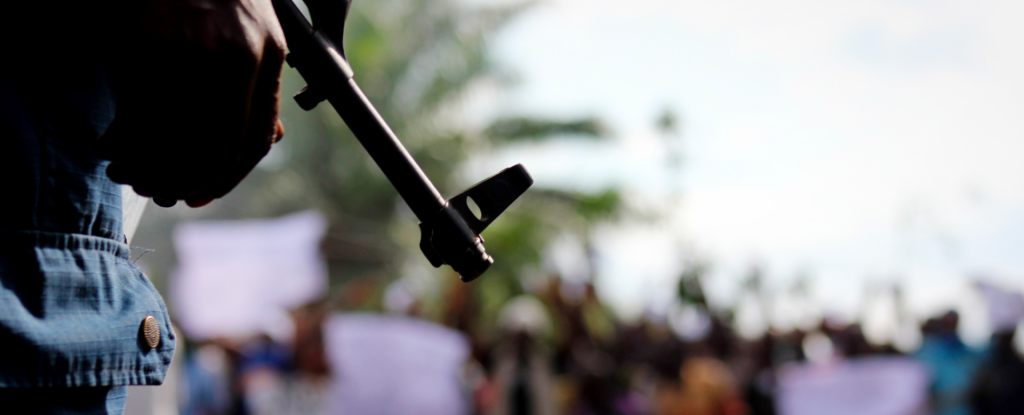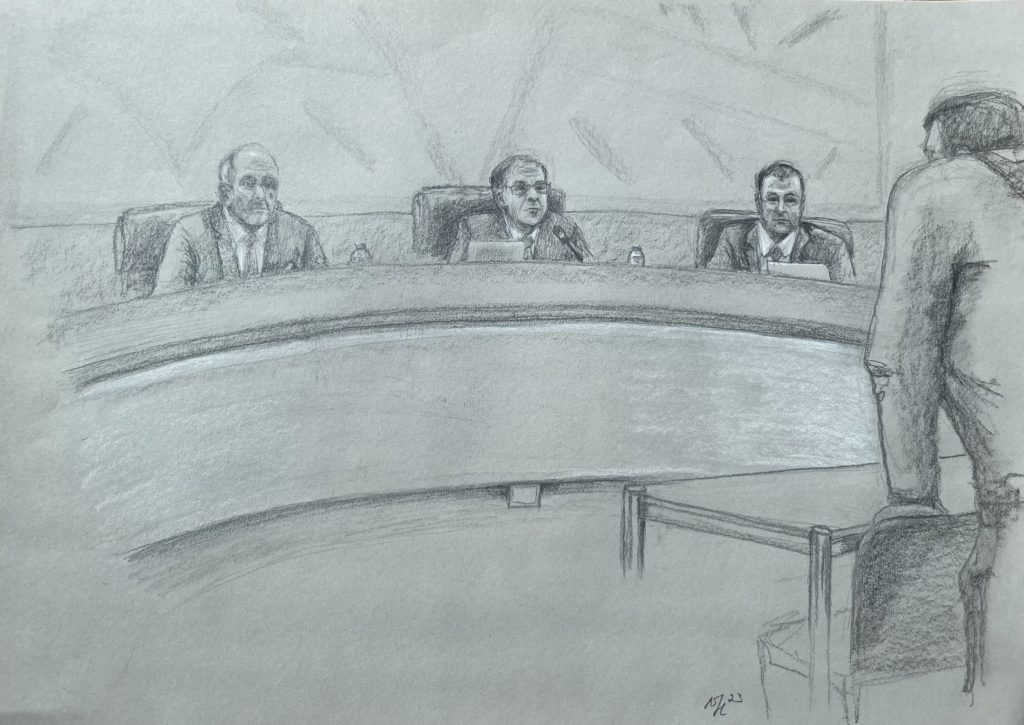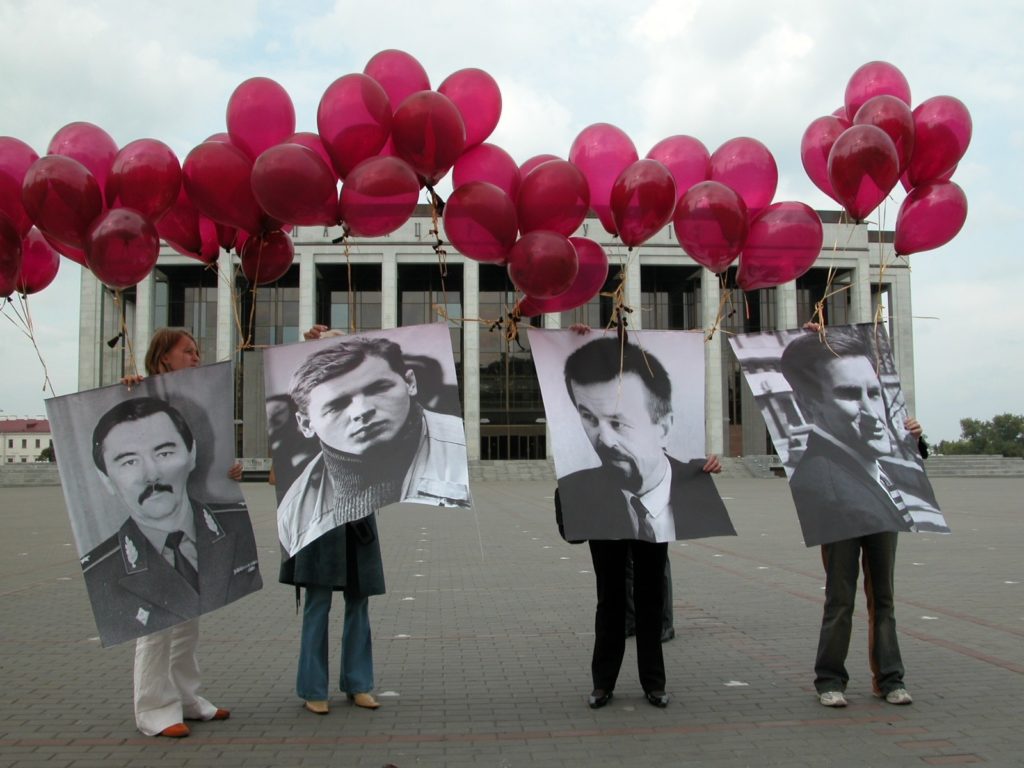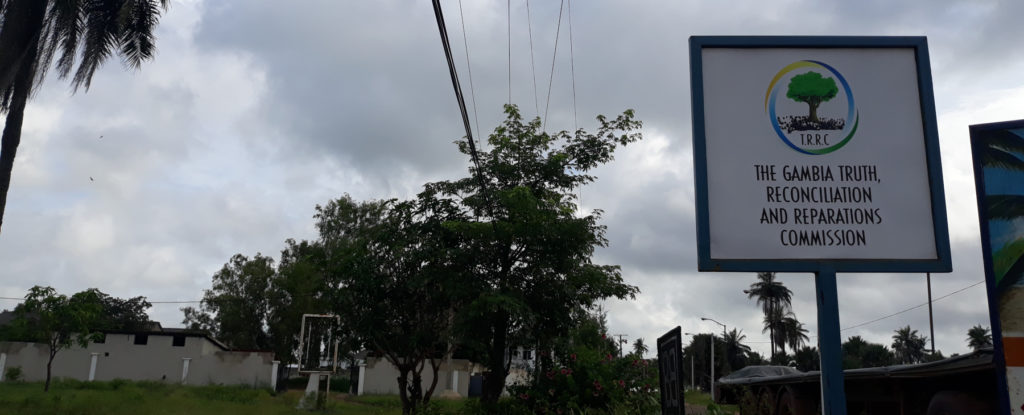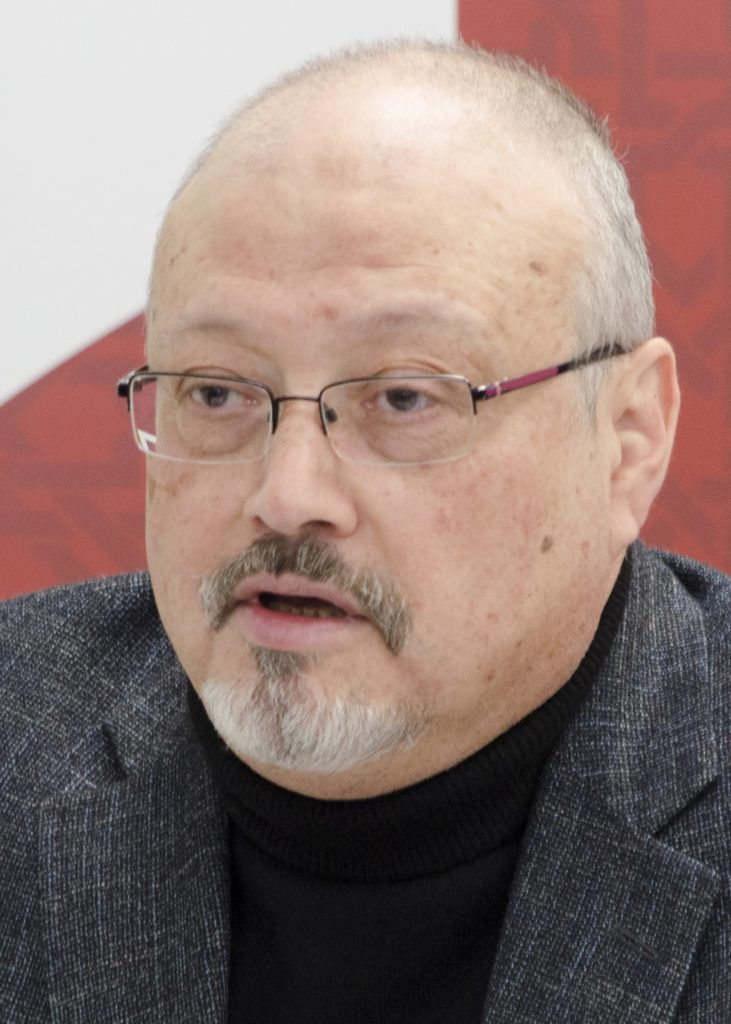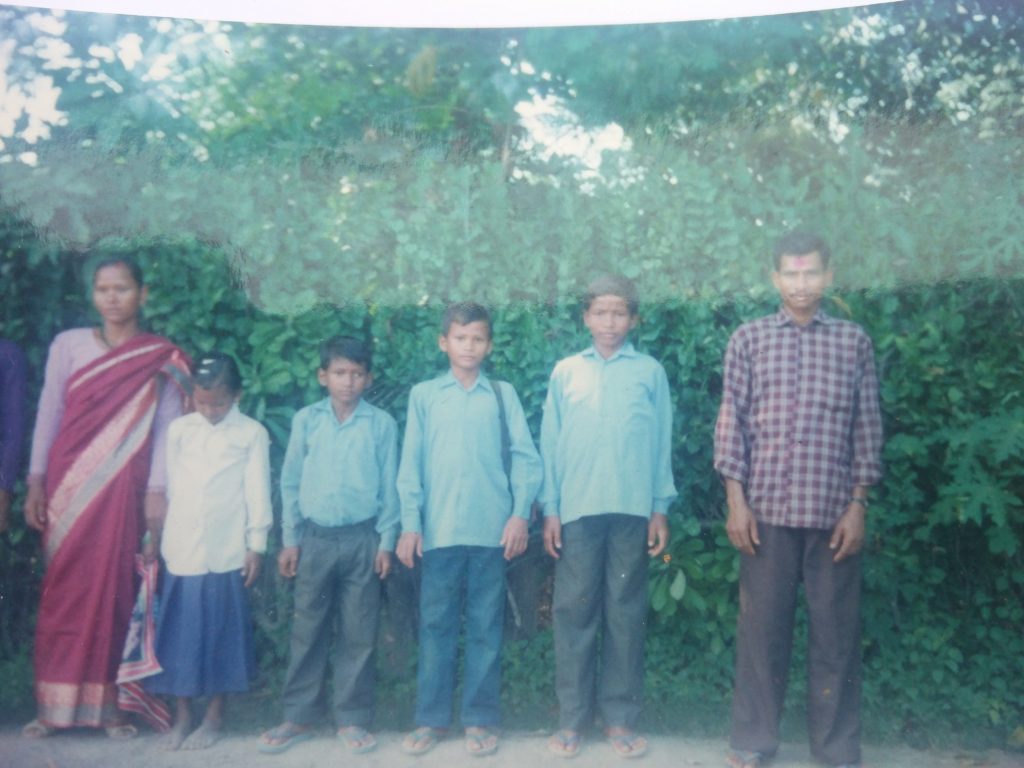The Gambia: ex-president tied to the killing of 59 migrants
The session of the Truth, Reconciliation and Reparations Commission on the massacre of 59 migrants from eight West African countries has come to an end on 11 March 2021 in The Gambia. The testimonies that succeeded in recent weeks have revealed new elements, but also confirmed existing information, further strengthening the ties between former President Yahya Jammeh and these murders. Human Rights Watch and TRIAL International support the process to ensure that the former president – in exile in Equatorial Guinea since his departure from The Gambia in January 2017 – is held accountable.
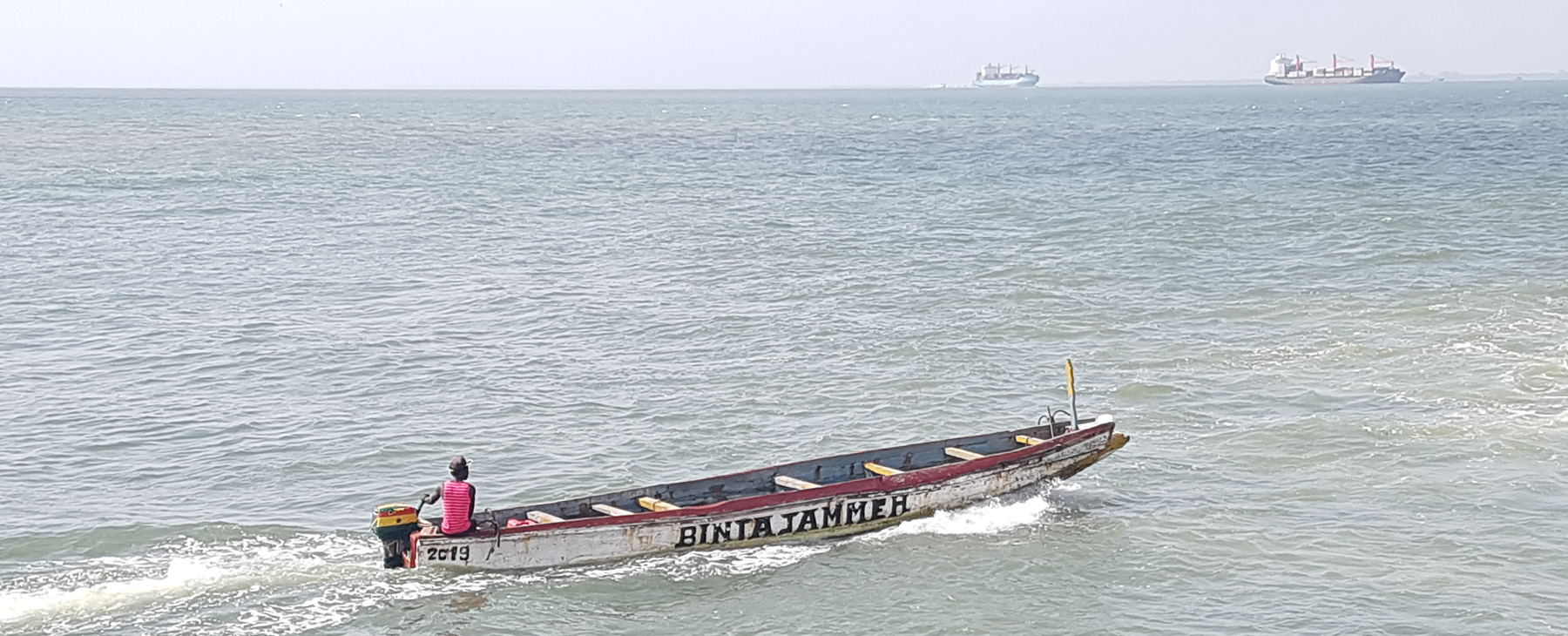
From February 24 to March 11, witnesses told the Gambian Truth, Reconciliation and Reparations Commission (TRRC) that the migrants from Congo, Côte d’Ivoire, Ghana, Liberia, Nigeria, Senegal, Sierra Leone and Togo, who were bound for Europe, plus their Gambian contact, were held in the custody of Jammeh’s top officials in the security services and that most were then murdered by the “Junglers,” a notorious unit that took its orders directly from Jammeh.
“Well-placed witnesses have implicated Yahya Jammeh in killing citizens from nine West African countries,” said Reed Brody, counsel at Human Rights Watch. “All those countries should support a criminal investigation and, if warranted, the prosecution of Jammeh and others who bear the greatest responsibility for the massacre of the migrants and other serious crimes by his government.”
THE COURSE OF EVENTS MADE CLEARER
During their 2018 investigation, TRIAL International and Human Rights Watch were able to gather a great deal of information on the massacre. Never before had this information been publicly exposed or told “in one go”.
The exact number of migrants killed is still unclear. The former director of operations at the NIA presented the TRRC with a list of 51 migrants the police counted at one police station. In addition to the names presented in the first official list, the group also included other migrants, including eight Nigerians believed to have been arrested and killed.
INVESTIGATIONS AT A STANDSTILL
Testimony at the TRRC also described the persistent efforts made to cover up the crime, especially in advance of a 2008 investigative mission by the United Nations and the Economic Community of West African States (ECOWAS) when the government appointed a “task force” that included several cabinet ministers to deal with the investigators.
See the graphic illustrating the attempts to investigate the massacre
The TRRC testimony corroborates the findings of a 2018 report by Human Rights Watch and TRIAL International, who interviewed 30 former Gambian officials. “Now that the information we had gathered has been corroborated, it’s s all the more important for Jammeh to be called to face up to his responsibilities”, said Emeline Escafit, Legal Advisor at TRIAL International. “The time has now come to deliver justice for the victims and their families”.
The TRRC, which will deliver its report in July 2021 is tasked with the “identification and recommendation for prosecution of persons who bear the greatest responsibility for human rights violations and abuses.” The Gambian government then must decide how to respond to the recommendations.
This article was produced with the financial support of the European Union. Its contents are the sole responsibility of the authors and do not necessarily reflect the views of the European Union.



